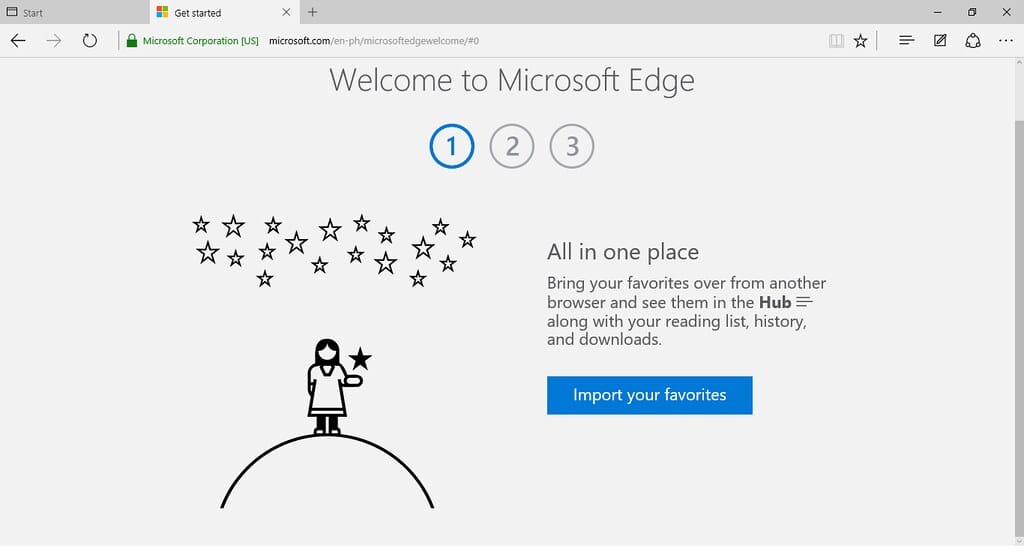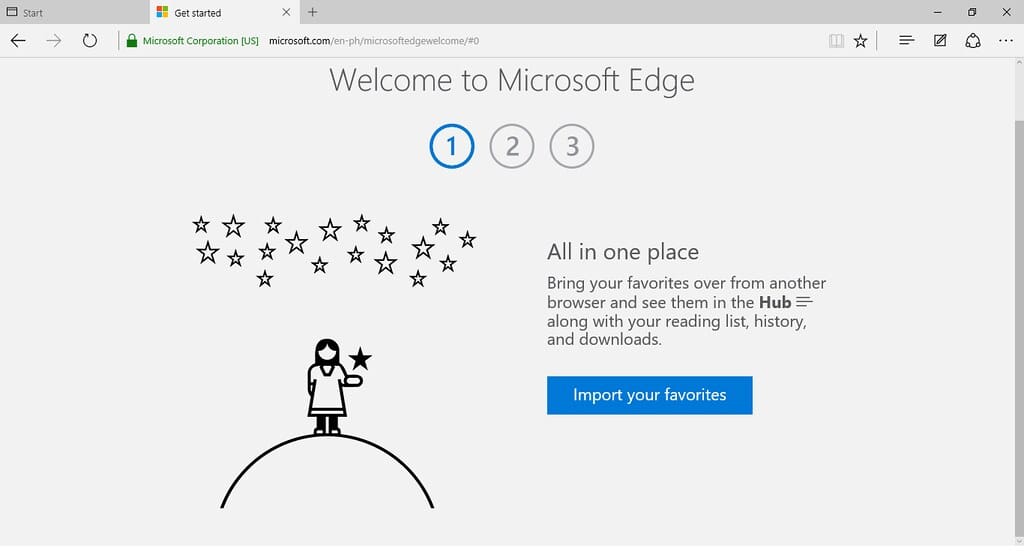Opera Fires Back: Browser Company Accuses Microsoft of Stifling Competition Through Edge Tactics
In a bold move that echoes the browser wars of the early 2000s, Opera has formally accused Microsoft of engaging in anti-competitive practices to promote its Edge browser at the expense of rivals, raising fresh questions about Big Tech's market dominance and fair competition in the digital ecosystem.
The Core Allegations
Opera's complaint centers on what the Norwegian browser company describes as Microsoft's systematic efforts to undermine user choice and artificially boost Edge's market share. The accusations include several concerning practices that Opera claims violate fair competition principles.
According to Opera's filing, Microsoft has been employing deceptive design patterns, commonly known as "dark patterns," to manipulate Windows users into switching to Edge. These tactics allegedly include misleading prompts during system updates, making it unnecessarily difficult to change default browser settings, and displaying warnings that discourage users from downloading alternative browsers.
Windows Integration Concerns
One of Opera's most serious allegations involves Microsoft's deep integration of Edge into the Windows operating system. The company argues that this integration goes beyond legitimate system functionality and crosses into anti-competitive territory.
Opera points to instances where Windows 11 users attempting to download Chrome or Firefox are presented with pop-ups suggesting they "try Microsoft Edge first" or warning that other browsers may compromise security or battery life. These interventions, Opera claims, occur at critical moments when users have already made a clear choice to use a different browser.
The browser maker also highlights how certain Windows features, such as the search function and news widgets, automatically open links in Edge regardless of the user's default browser preference – a practice that Opera argues artificially inflates Edge's usage statistics.
Market Impact and Data
The stakes in this dispute are substantial. Browser choice affects not only user experience but also the broader digital advertising ecosystem worth hundreds of billions of dollars annually. According to StatCounter, Edge currently holds approximately 11% of the global desktop browser market, trailing significantly behind Chrome's dominant 66% share.
However, Opera's concern isn't just about current market share – it's about the trajectory. Data shows that Edge's market share has been steadily climbing, particularly on Windows devices, raising questions about whether this growth is organic or artificially enhanced through Microsoft's platform advantages.
Opera itself maintains roughly 2.4% of the global browser market but has built a loyal following among users who value its privacy features, built-in VPN, and innovative tools like workspaces and sidebar messaging. The company argues that Microsoft's practices prevent it from competing on merit alone.
Historical Precedent
This isn't Microsoft's first brush with browser-related antitrust concerns. In the late 1990s and early 2000s, the company faced significant legal challenges over its bundling of Internet Explorer with Windows, ultimately leading to regulatory settlements and oversight.
The current situation bears striking similarities to those earlier disputes, but with modern twists. Where Microsoft once simply included Internet Explorer with Windows, today's tactics are more sophisticated, involving behavioral nudges and system-level integrations that can influence user behavior more subtly.
Regulatory Landscape
Opera's accusations come at a time when regulators worldwide are increasingly scrutinizing Big Tech companies' competitive practices. The European Union's Digital Markets Act, which took effect in 2022, specifically addresses some of the behaviors Opera describes, requiring large platforms to allow users to easily choose their preferred services.
In the United States, antitrust enforcement has also intensified, with ongoing cases against major tech companies examining similar questions about platform power and fair competition.
What This Means Moving Forward
Opera's challenge represents more than just one company's grievance – it reflects broader tensions about platform power in the digital age. The outcome could influence how operating system makers integrate their own services and whether regulatory intervention is needed to preserve meaningful choice for consumers.
For users, this dispute highlights the importance of understanding how their choices are being influenced by the platforms they use. Whether through regulatory action or voluntary changes by Microsoft, the controversy may ultimately lead to more transparent browser selection processes and clearer user controls.
The browser wars are far from over, and Opera's latest salvo suggests that smaller competitors won't go quietly into the night. As this story develops, it will likely influence broader conversations about competition, innovation, and user autonomy in our increasingly digital world.

